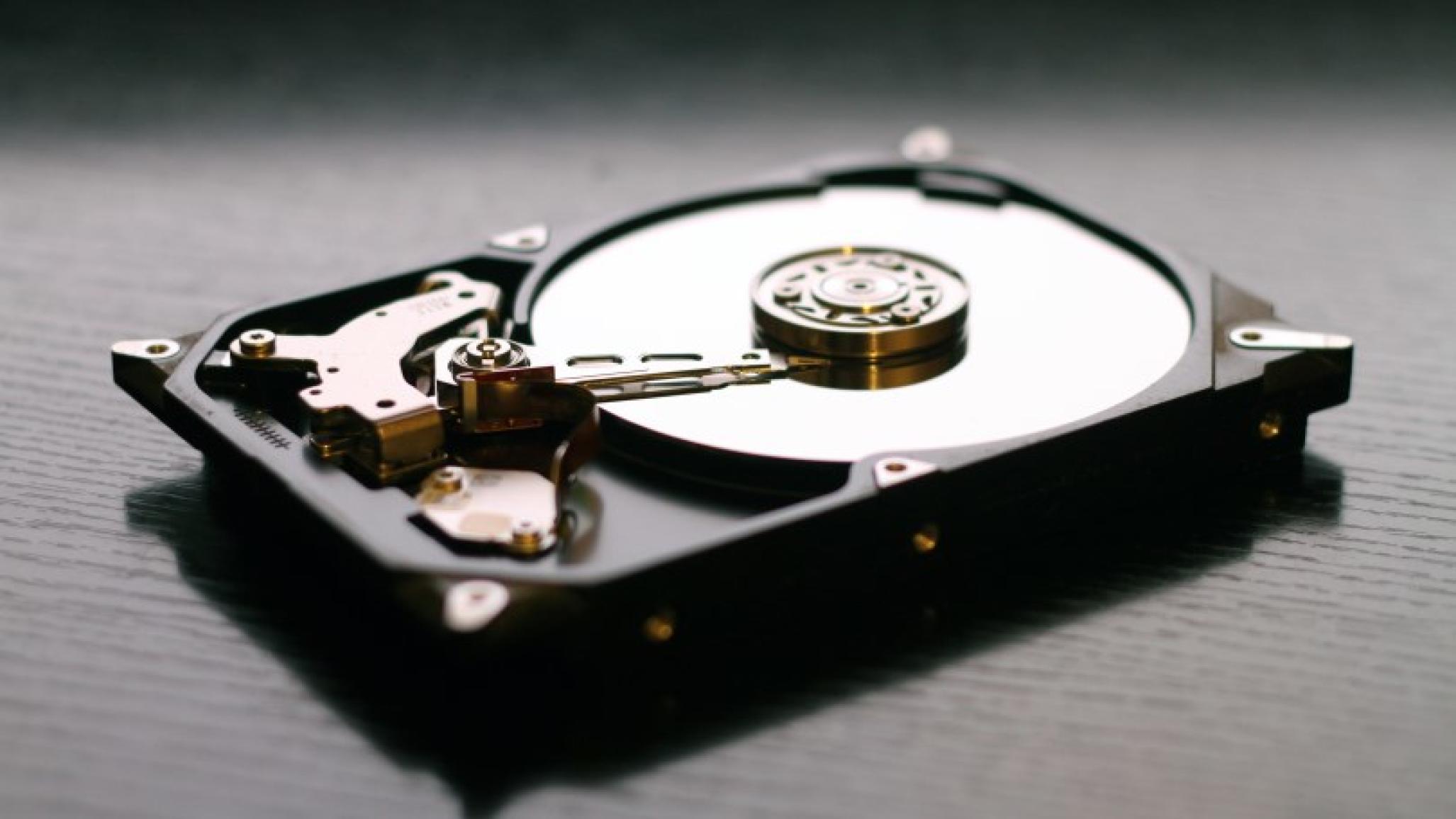You are just about ready to start a new project and you want to make sure your computer runs smoothly without any hiccups. In order to do this, it is important that you have a clean and optimized system before moving on with the rest of your work. In this article, we will show you how to optimize your computer and take care of those extra files by compressing your os drive disk cleanup.
What is the os drive?
When you clean up your os drive, you are freeing up space on the disk that your operating system uses. When you create a new os drive, Windows defaults to storing all of your old files there.
How to compress your os drive disk cleanup
If you’re like most people, you have a lot of old files on your hard drive. In fact, if you haven’t been cleaning out your os drive regularly, it could be full of old files and programs that you no longer need. Unfortunately, when Windows stores all of these old files on the same disk space, it can use up a lot of precious space.
Fortunately, there’s an easy way to free up some disk space and make sure your os drive is always clean: compress those old files! By compressing your old files into smaller chunks, Windows can store them on different disks without using up as much space. Plus, compressing your files will make them faster to access and save you time in the long run.
There are a few different ways to compress your files: you can use a program like WinZip or 7-Zip to do it automatically, or you can do it yourself with something like FreeFileZ
How to compress your os drive disk cleanup
If you have a large os drive, you may want to compress it to save disk space. This is especially true if your os drive is the C: drive.
To compress your os drive, follow these steps:
1. Open File Explorer and go to C: \> (PC) or MacOSx/Users/username/Library/Application Support/Microsoft*/Windows*/System32 (Mac).
2. Locate the Windows Backup folder.
3. Right-click on the Windows Backup folder and click Properties.
4. In the Properties window, under General tab, click on the compression slider to turn it on.
5. Click OK to close the Properties window and restart your computer.
6. When your computer restarts, locate the os drive in File Explorer and right-click on it. Click Compress Disk (Windows 8) or Compress (Windows 10). The compression process will begin and when it is complete, your os drive will be smaller.
Should You Compress Your Os Drive Disk Cleanup?
Disk compression can help you save hard drive space on your computer. It’s especially useful if you have a large number of files that you don’t need access to regularly. Before you decide to compress your os drive disk cleanup, though, be sure to consider the following:
1. Will Compression Save Me Hard Drive Space?
Compression will definitely save you hard drive space on your computer. The amount of space that it will save depends on the size and type of the files that are being compressed, as well as the compression algorithm that is used. In general, compression can reduce the size of a file by up to 90%.
2. Will Compression Affect My Operating System?
There is potential for compression to affect your operating system. If your os drive disk cleanup is not handled correctly, compressed files could become corrupted or unusable. It’s important to consult with your os provider or system administrator before compressing any os drive disks.
3. Will Compression Slow Down My Computer?
Compression can slow down your computer if it’s not done correctly. Make sure to consult with an expert before compressing any os drive disks.
Conclusion
If you’re having trouble compressing your os drive disk cleanup, it may be because of a lack of free space on the drive. Make sure to check for available space on your os drive and compress any files that are taking up too much space. If that doesn’t solve the problem, consider buying an additional hard drive or transferring all of your files over to a new hard drive.

